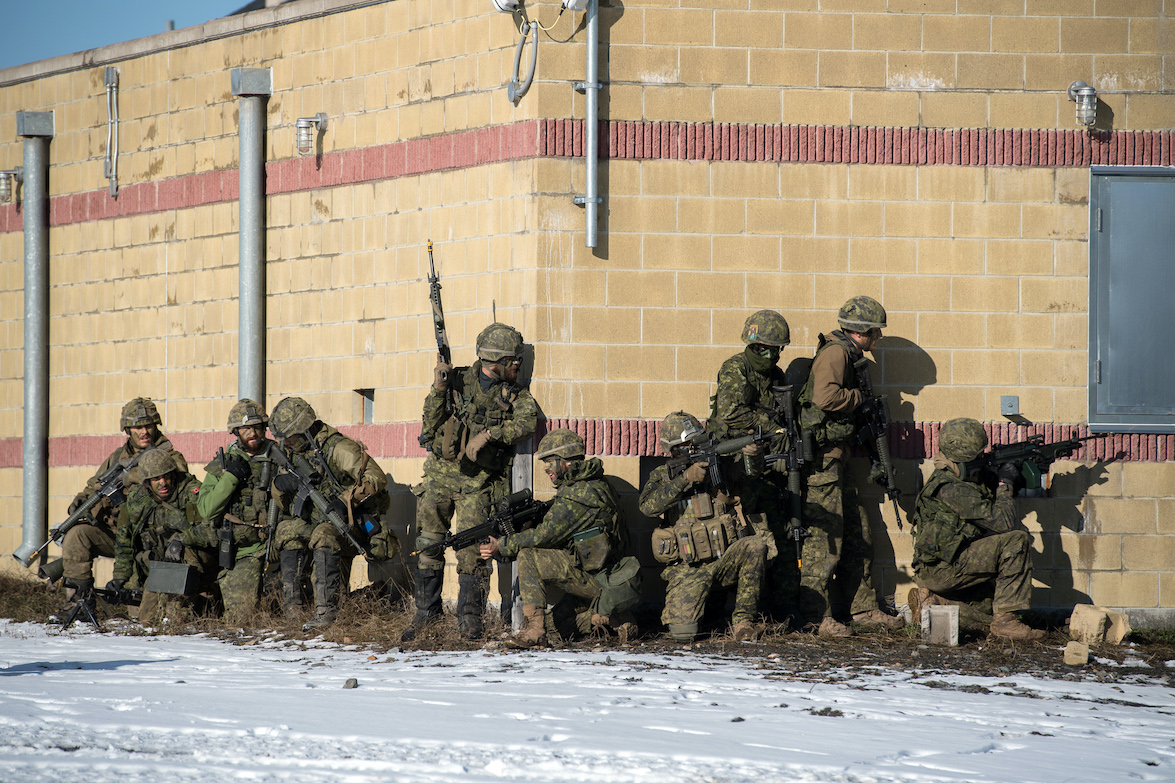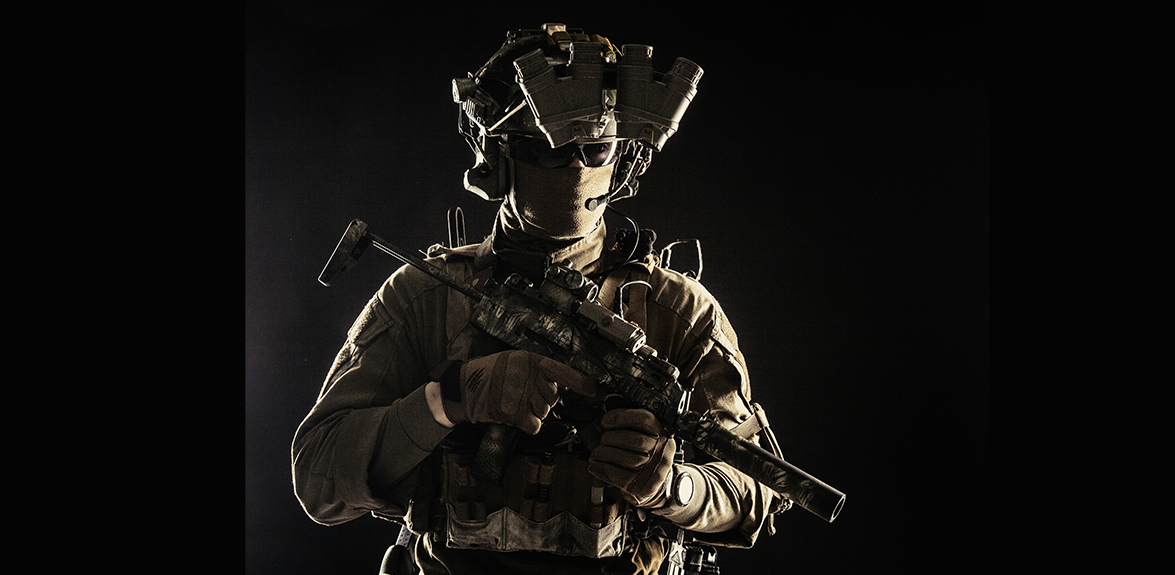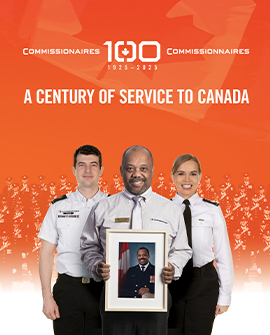The Family Unit
Survival “Tent” Routine (Part 3): Act a if the enemy is always watching
Every member of the Canadian Armed Forces goes through basic training. In the Army, where you are always a soldier first, the next step is to pass basic infantry training.
This is where you learn to shoot, read a map and navigate, camouflage, dig a trench, operate in a contaminated environment, and live in the field.
“Act as if the enemy is always watching” ~Sergeant Bloggins, Infantry Phase Training
Caloric restrictions and sleep deprivation are the norm. For the unaccustomed, these activities are a shock. Up until that point in my life, infantry phase training was my most challenging experience.
We were subjected to many inspections of our personal gear, team equipment, and our communal living spaces. This was meant to instill discipline. At the beginning this was daily. Towards the end, perhaps only bi-weekly.
As the training went on, we were trusted more to do all the things we were asked on our own. I remember a seasoned sergeant telling us to “act as if the enemy is always watching.”

Some of us heeded that advice and always strove to do things right, like digging the trench to its proper depth and wearing our cumbersome protective gear.
Others, myself included, did all the things required when we were being watched by the staff and cut corners at times to get an extra 15 minutes of sleep—a big deal when you’re only averaging 3-4 hours a night.
“As a younger man, I largely viewed rules as a game to play—a system to be gamed. After going to war, I no longer think that way.” Mark Gasparotto
As a younger man, I largely viewed rules as a game to play—a system to be gamed.
After going to war, I no longer think that way.
Discipline and Self-Discipline
The Oxford English Dictionary defines discipline as the “controlled and orderly behaviour resulting from training.”
The Apple Dictionary defines it as “the practice of training people to obey rules or a code of behaviour, using punishment to correct disobedience.”
In essence, the use of punishments and transactional leadership to enforce the rules. In any society, these practices are needed to establish a baseline, the lowest common denominator for behaviour.
To flourish, however, enough members of that society must develop self-discipline—the intrinsic motivation to do what is right and to do those things when no one is watching.
Success in a crisis depends on it.

Social (Physical) Distancing
To flatten the curve—which is to say, to save lives—we are being asked, pleaded with actually, to practice proper hygiene and physical distancing protocols.
In Canada, as of 25 March 2020, that means to self-isolate after foreign travel or experiencing COVID-19 symptoms, stay at home and only go out for essentials, maintain two meter separation from others, wash our hands frequently, cough into Kleenex, etc.
Short of enacting martial law (wartime measures), tracking our movements with cell phone data, establishing a snitch line, and a host of other highly authoritarian measures, flattening the curve will depend on our society’s various levels of leadership AND the sum total of our individual actions.
We will never know if we over-reacted with risk mitigation measures. However, the virus certainly has and will continue to provide deadly feedback if we under-react.
This virus will continue to spread if individuals fail to practice proper hygiene and physical distancing. It is only through self-discipline that we will flatten the curve and survive the pandemic with our society intact.
For your own protection, that of your loved ones, and for everyone, only you can do all the right things, every time.
Act as if the enemy is always watching.









